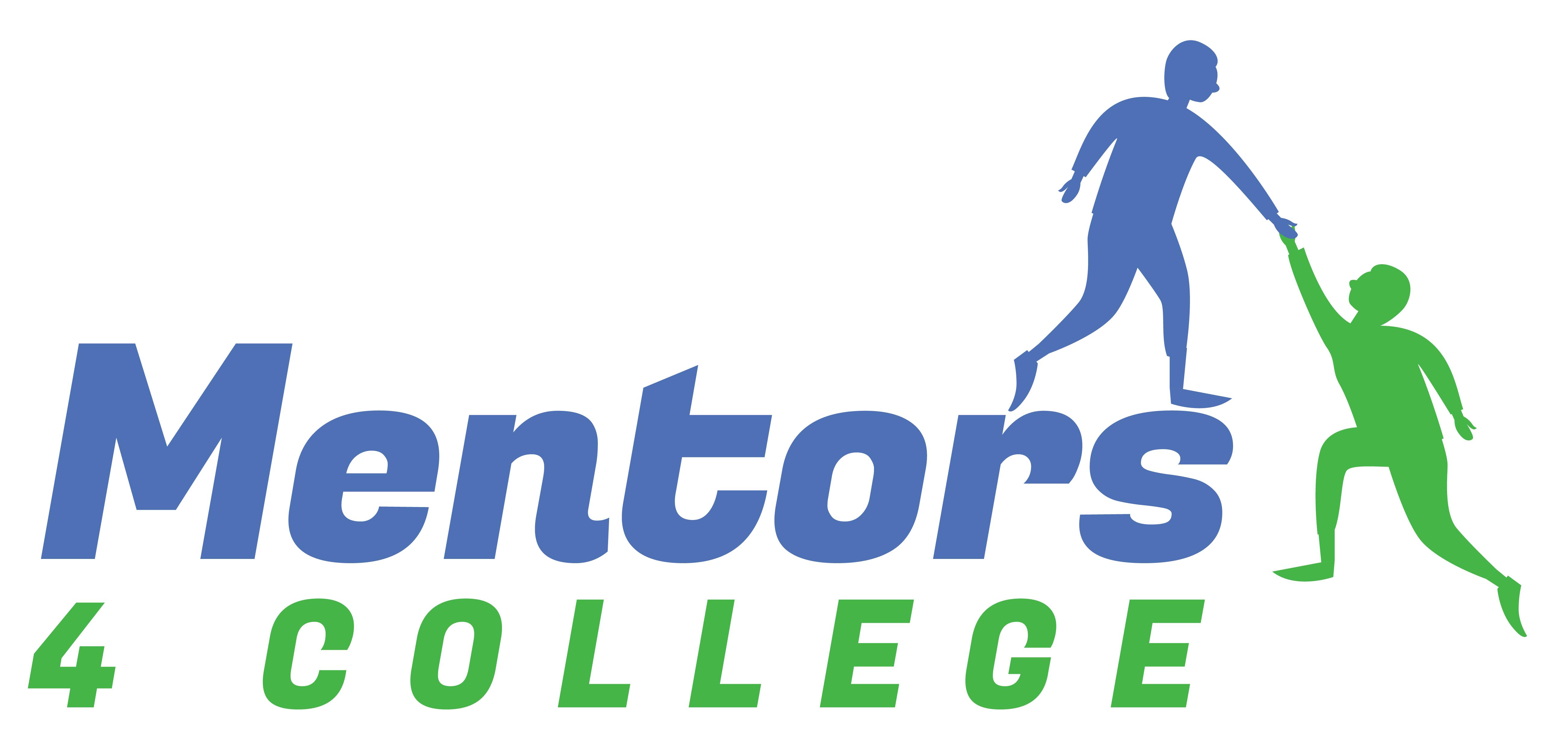Parents often have these concerns:
• Can we afford it? Does higher price mean better education for our child?
• We don’t want our child to go too far away.
• How can we be sure our child is making the right choice? Does every student need to go to college, or are there more appropriate post-high school programs for our child?
• Does it really matter where they go to school?
• We don’t know enough about this to help our child.
• This sure is different than when I applied to college!
Know Your Opportunities!
To help mentees and their parents complete their journey to post-high school education successfully, we use the approach below. First, here's a simple view of the process:
• We don’t want our child to go too far away.
• How can we be sure our child is making the right choice? Does every student need to go to college, or are there more appropriate post-high school programs for our child?
• Does it really matter where they go to school?
• We don’t know enough about this to help our child.
• This sure is different than when I applied to college!
Know Your Opportunities!
To help mentees and their parents complete their journey to post-high school education successfully, we use the approach below. First, here's a simple view of the process:
How We Help - For Free!
Become a Mentee
Are You An Aim High STL 2024 Graduate?

